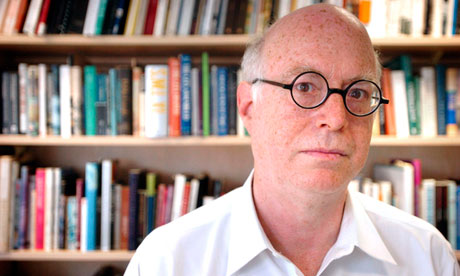
Eminent sociologist Richard Sennett's study of human co-operation is the second in his three-part study on "man as his own maker". Building on the trilogy's first instalment, The Craftsman, in which Sennett argued that modern society has stripped humankind of craftsmanship, his latest book investigates how modern capitalism in the west has weakened our capacity to co-operate with one another. Believing co-operation between people from differing backgrounds to be key to a thriving community and social life, Sennett explores various ways to rebuild this skill.
Applying sociological insight to everyday interactions with colleagues, friends, and strangers, Sennett illuminates how our social exchanges with one another are a continual (and often unconscious) reformulation of shared behavioural norms. Drawing from some of the most significant texts of a multitude of disciplines (including literature, music, art, poetry, philosophy, sociology, anthropology, politics and religion) in the past several centuries, Together charts how the evolution of these behavioural norms have suppressed our innate co-operative skills, whether in meetings in the office, social greetings, bodily gestures, table manners or email etiquette. Beginning with a focus on co-operation in politics, Sennett then explores how sociological factors can impede or weaken co-operation before considering skills we should focus on to strengthen our co-operative abilities. Making an impassioned case against western individualism, he crafts an engaging narrative to argue that co-operation is a skill that can be cultivated to benefit us all.
Sennett's breadth of knowledge is astounding. His juxtaposition of historical accounts (artisans working together in medieval workshops, or the division of labour among factory workers) with small-scale stories of modernity (inter-racial conflict in a New York neighbourhood or overflowing job centres in the current recession) results in an engrossing study of humanity across cultures and time. His carefully considered case-studies often illustrate nuances within our social codes of conduct that have become so ritualised we no longer recognise them (the handshake, for example, originated in Greece to show that the hands were free of weapons). In deftly embedding such fascinating ethnographic vignettes with academic theory in a clear and unobtrusive manner, Sennett has created a book for the "intelligent general reader" that is as accessible and insightful as Kate Fox's Watching the English.

